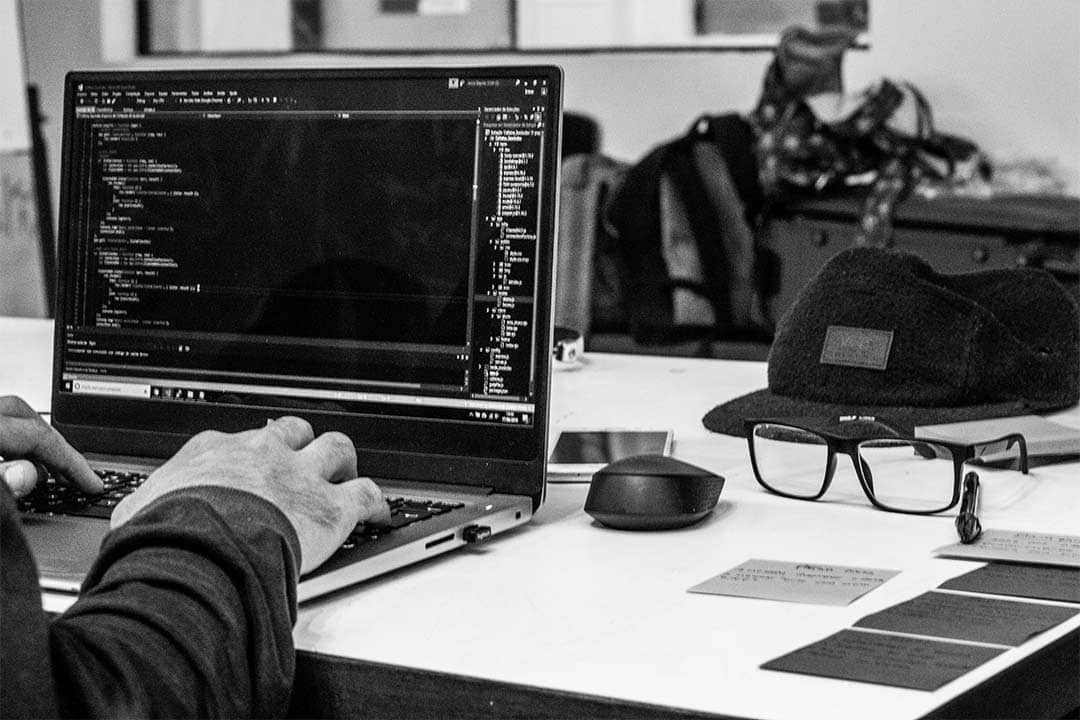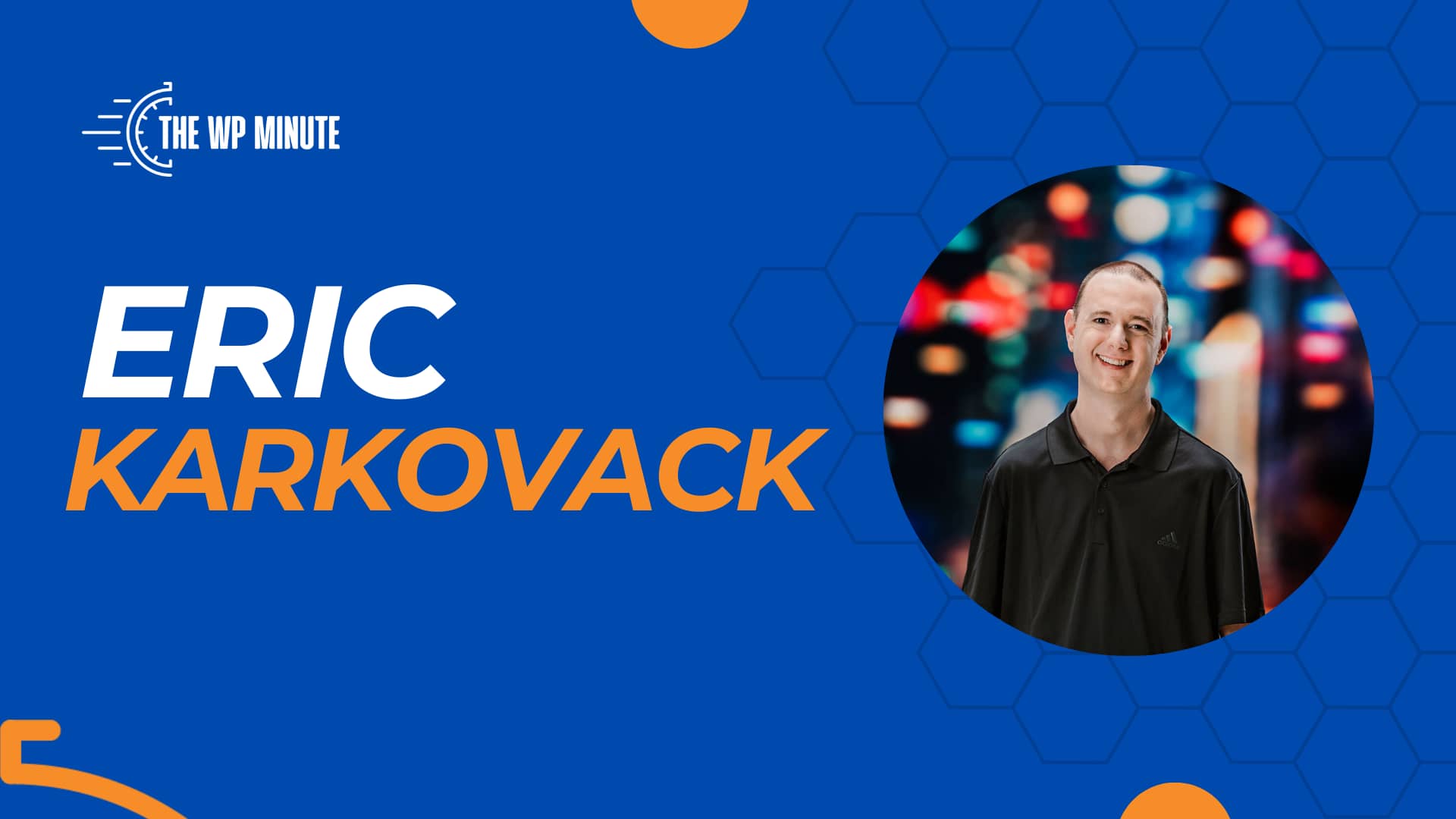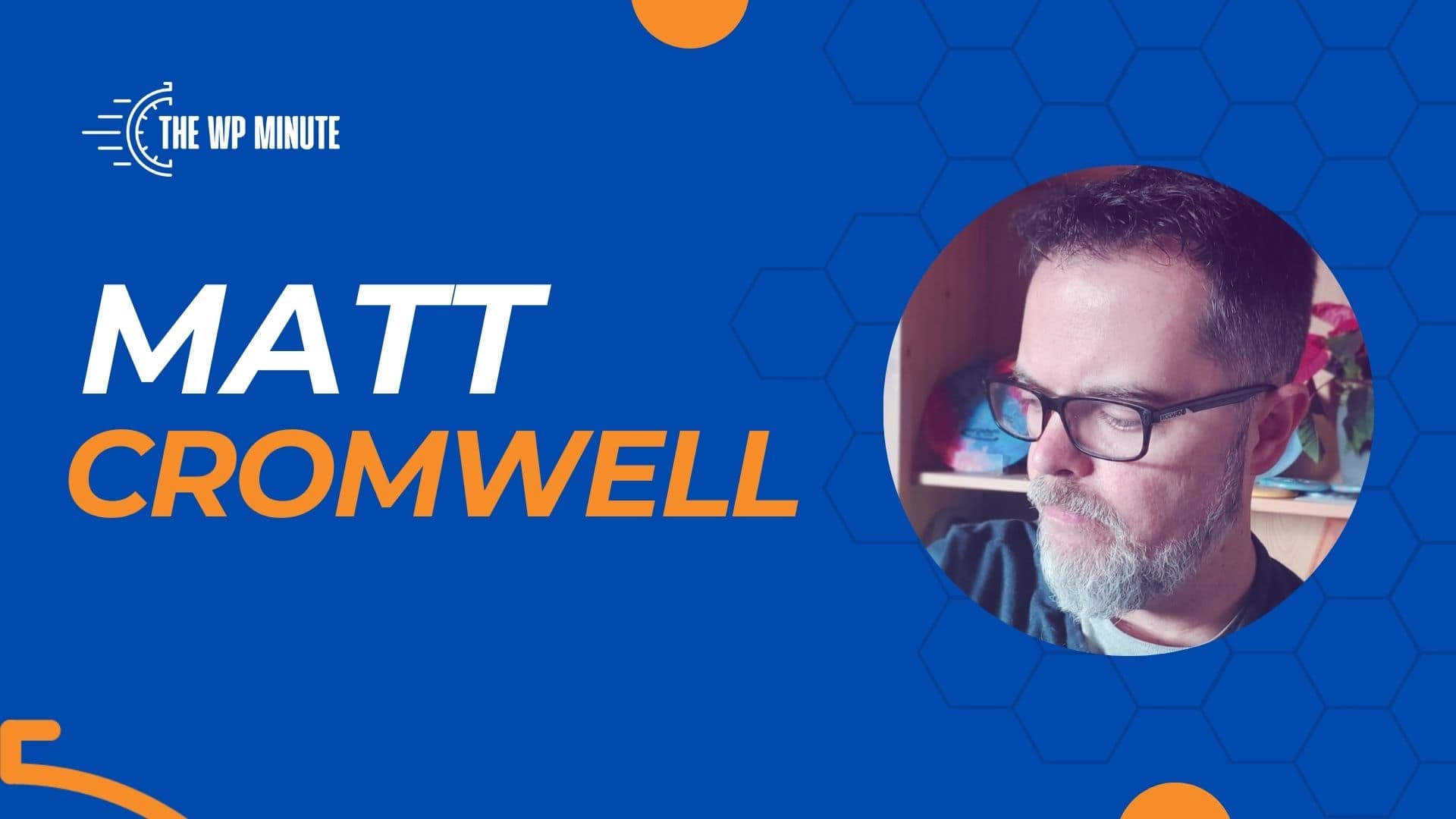WordPress has had a significant impact on freelancers. The open-source content management system (CMS) provides a path for designers, developers, and other entrepreneurs. Anyone can build a career around the app.
We’ve seen the results over the past 20 years. It’s been an impressive run of success for everyone involved.
But the web is a fundamentally different place now. New standards and best practices have come along. And user expectations have risen as well.
WordPress has also changed. There are now two distinct theming options, for example. This situation makes some freelancers nervous. They wonder if there’s still a place for them in the ecosystem.
So, as WordPress enters its next 20 years, let’s recalibrate. Here are some key elements freelancers need from WordPress core to keep thriving.
A Continued Commitment to Flexibility
WordPress provides flexibility for developers. We can approach projects in a way that fits our needs. This tenet helps separate it from competitors.
We aren’t constrained when building a website. Every aspect is customizable. The theme and plugin ecosystem is there to help achieve project goals. And writing custom code is always an option.
This commitment to flexibility is vital for freelancers. It empowers us to serve clients in a personalized manner. Many solo entrepreneurs and small agencies depend on WordPress to deliver in this area.
But we’re in a time of transition – particularly in theming. Block themes are the future. But they are somewhat limited by the Block Editor. They may serve most needs – but not all.
That leads us to the importance of balance. WordPress must remain friendly to both PHP and JavaScript developers. And it should continue to support development outside of the Block Editor.
In-Depth Options for Learning New Features
WordPress continually adds new features. And the pace of development seems to have increased in recent years. Both front-facing and code-based changes are bringing increased power.
But it’s also a lot for freelancers to absorb. Busy professionals have limited time for learning. Thus, some features can slip past us unnoticed.
Communicating new features has traditionally been a struggle for WordPress. They’re either buried in documentation or hinted at in a blog post. We most often learn about them through unofficial sources. Developers sharing knowledge has long been a primary source of information.
Thankfully, this situation is changing. In recent years, the WordPress project has introduced online spaces for learning.
The Learn WordPress initiative is building a library of online courses and curricula. Meanwhile, the WordPress Developer Blog offers in-depth content that demonstrates new features.
Let’s hope this trend continues. Freelancers will need to keep up with the latest developments. And the WordPress project is best equipped to help them do so.
A Seat at the Table
Freelancers are adept at adapting to change. That’s a good thing since WordPress has provided plenty of opportunities. We need to act quickly to keep up with these shifts.
Yet there is also a perceived disconnect. Social media is full of complaints from designers and developers. There’s concern about where the project focuses its efforts. Some say WordPress adds features that don’t reflect real-world usage.
The WordPress project can’t be all things to all people. Thus, there will inevitably be users grousing about features. As the saying goes, you can’t please everyone.
But there are also valid points. Freelancers and small agencies play a significant role in growing WordPress. Shouldn’t we have a seat at the table?
It seems like everyone could benefit from such a collaboration. Imagine core contributors working with a panel of “blue-collar” professionals. Each group could gain a better understanding of their needs.
The results could be impactful. WordPress might provide an even better foundation for building websites. The software could be leaner and more efficient. And the freelance community would play a key role.
Freelancers and WordPress Need Each Other
Freelance web designers have many options for building websites. There are several new and existing platforms to choose from. But we come back to WordPress time and again.
Why is that? For one, the software serves as a Swiss Army Knife of sorts. It continues to be the most flexible CMS on the market.
WordPress is also actively developed and supported. Its dedicated contributors care about the software and community. They keep us engaged and constantly learning.
The longevity of this relationship is extraordinary. WordPress has continued to gain users and market share for 20 years. We shouldn’t overlook the role freelancers have played in that achievement. Many of us have happily been a part of this journey.
We can’t predict what the next 20 years have in store. But if WordPress takes care of freelancers, they’ll return the favor. That’s a safe bet.
Join The Newsletter
Get your favorite 5 minutes of WordPress news for busy professionals every week — 100% Free! Join the WP Minute Newsletter below 👇









